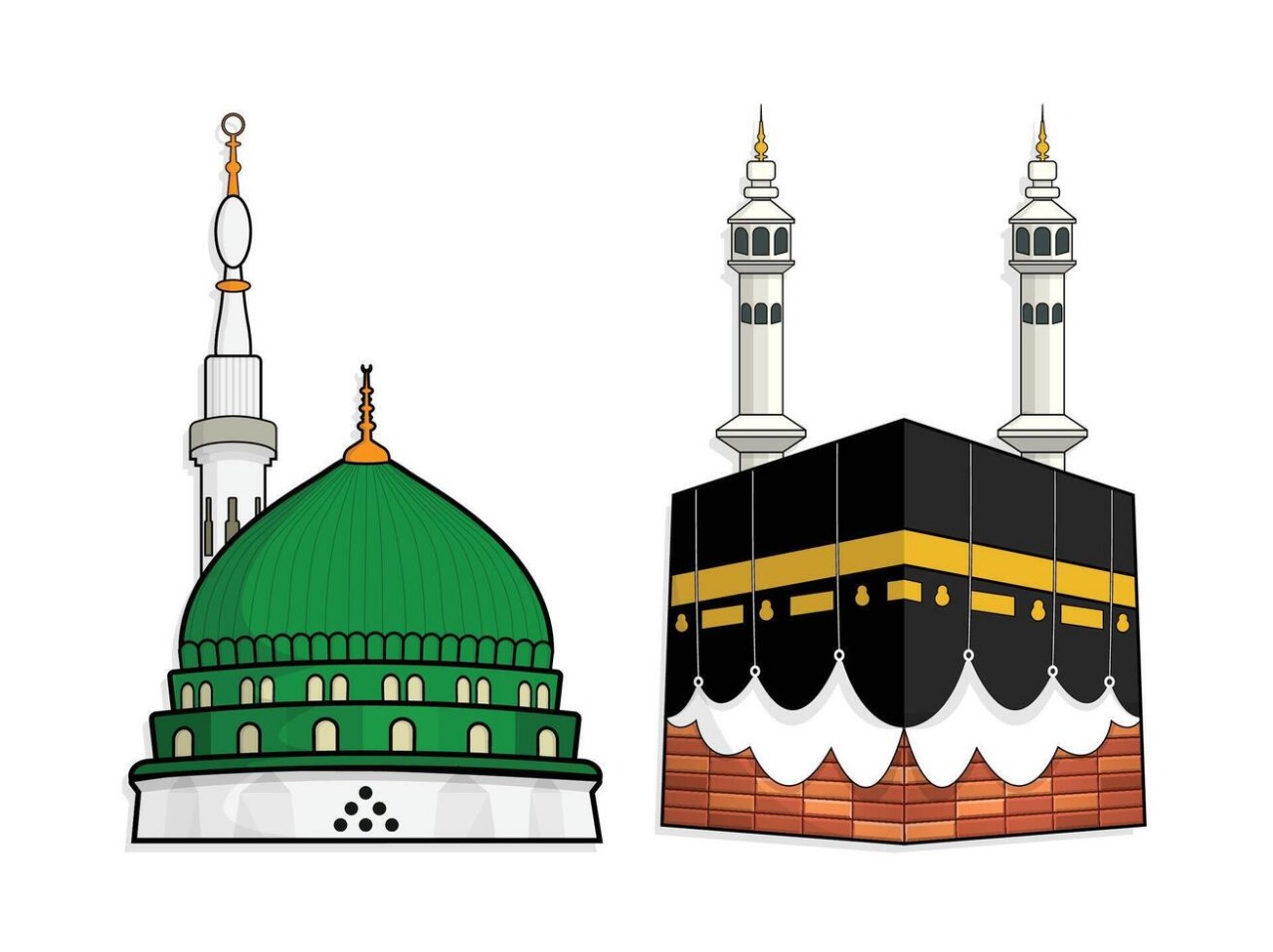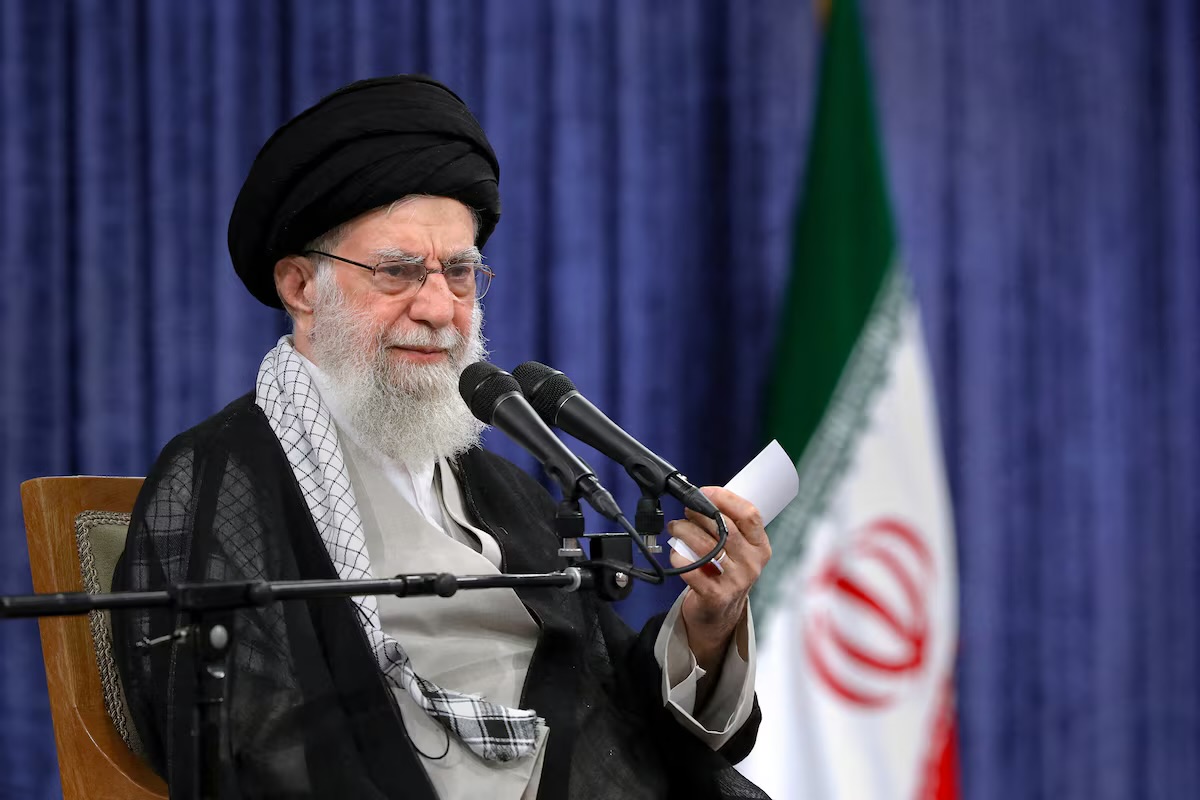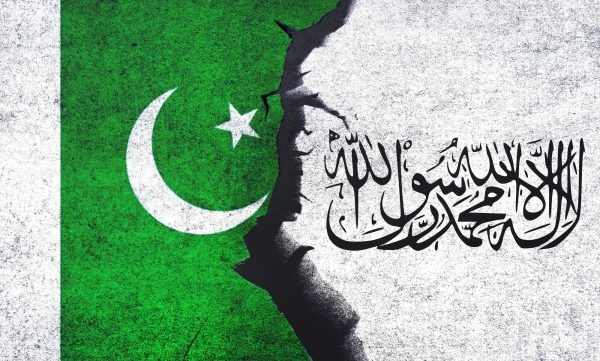News Desk:
The recent Israeli airstrike in Doha has reignited global discussion about Pakistan’s long-standing commitment to defend Islam’s holiest mosques in Makkah and Madinah—underscoring the enduring spiritual, strategic, and military ties between Islamabad and Riyadh.
Origins of the Pledge
The commitment dates back to the 1951 Treaty of Friendship between Pakistan and Saudi Arabia, which laid the foundation for decades of military cooperation. Over time, Pakistan has trained Saudi forces and, at key moments, deployed its own units to help protect critical religious and national sites.
During the 1990–91 Gulf War, for example, Pakistan deployed a contingent tasked with defending Masjid al-Haram in Makkah and Masjid an-Nabawi in Madinah. This bolstered not just Saudi Arabia’s defense but also Islamabad’s role as a guardian of Islamic sanctity.
The Pledge in Modern Context
Public focus on this pledge returned forcefully following the 2016 terrorist attack near Masjid an-Nabawi. Islamabad reaffirmed its support for Saudi Arabia’s safety and territorial integrity. Since then, Pakistan has been a part of the Islamic Military Alliance, a 34‑nation coalition formed to counter terrorism, asymmetric threats, and to strengthen regional security. Training of Saudi personnel by Pakistani officers remains a key element of this cooperation.
Doha Strike and Renewed Relevance
The Israeli strike on Doha has raised new concerns about the vulnerability of religious and symbolic sites—even those belonging to traditionally secure nations. Though Saudi Arabia has robust defenses, experts argue that modern threats, including precision munitions, drones, and cyber weapons, make no place completely immune.
In this light, Pakistan’s pledge takes on fresh importance. The perception of Islamabad as both a spiritual ally and security guarantor adds both deterrence and legitimacy. Analysts note that while the U.S. and other international partners remain central to Saudi defense, Pakistan’s role carries symbolic weight throughout the Muslim world.
Strategic Dimensions & Nuclear Backdrop
Pakistan’s pledge is not purely symbolic. The country is a nuclear-armed state, and its historical deployments, training programs, and enduring alliance with Saudi Arabia contribute to a layered deterrent effect—combining conventional, religious, and symbolic sources of security.
Many observers consider this a unique blend: Pakistan provides not just strategic support but religious reassurance—important for a kingdom whose identity is deeply tied to the Two Holy Mosques.
What’s at Stake
Religious Symbolism: Makkah and Madinah are central to Muslim identity, and their protection is seen as a collective concern for the entire Ummah.
Security Imperatives: New threats—ranging from long‑range drones to small, agile missile platforms—have made traditional defenses less certain.
Diplomatic Signaling: Pakistan’s assurances—past and present—serve as strong signals to both state and non‑state actors that there is a cost to threatening Saudi Arabia’s religious sanctuaries.
As the Middle East once again faces heightened tension, the heritage of Pakistan‑Saudi cooperation is drawing attention—not just as history, but as a live element in regional strategy. The question now is how this pledge will shape responses to evolving threats, and whether it can continue to serve as both spiritual commitment and strategic deterrent in a rapidly shifting geopolitical environment.





